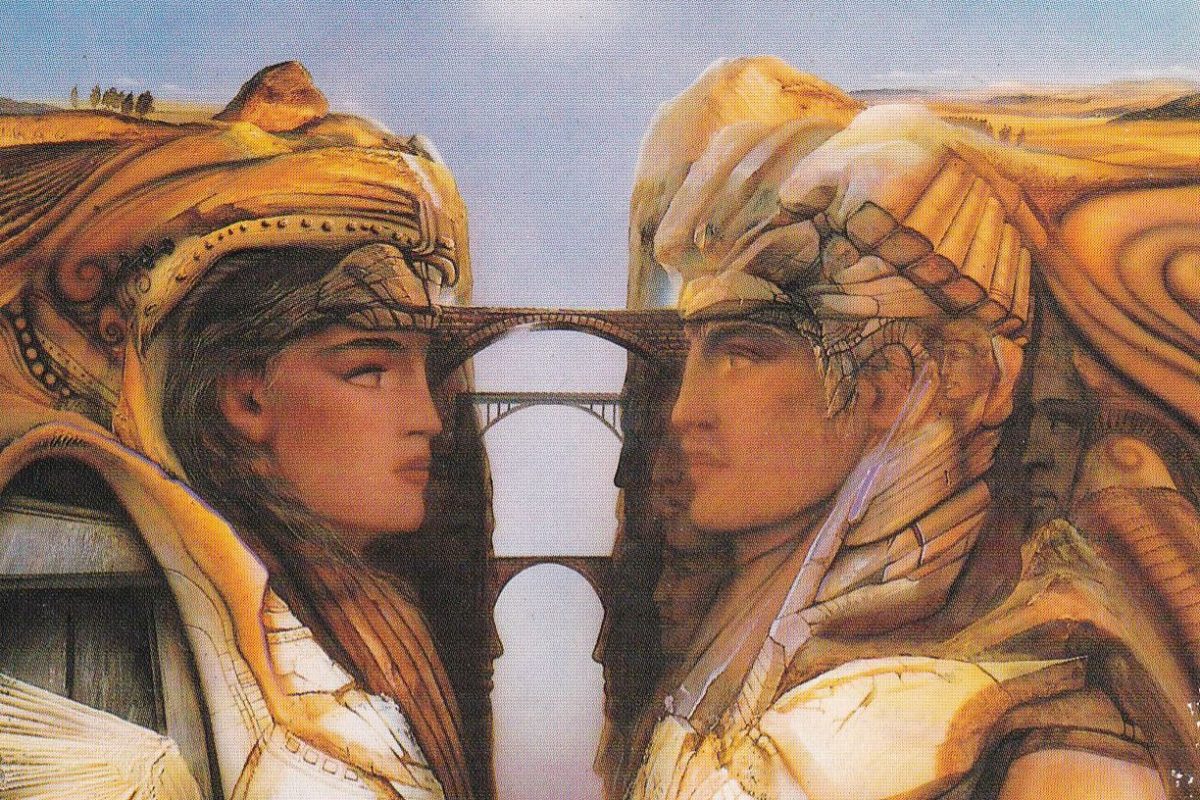When the power of love overcomes the love of power, the world will know peace.
Jimmy Hendrix
In this time of increased polarisation and conflict everywhere, a new verb has appeared in the English language. To “other” someone is to stop seeing them as a fellow human who has motives and emotions that are understandable and relatable. The “other” might as well be an alien or a malevolent android: they can be opposed, blamed, hated, even killed – but not understood.
This “othering” is a real problem. It massively reduces our options for dealing with behaviours we don’t like. Here’s why:
People’s behaviour follows their motives. Motivation can either be extrinsic (rewards or punishment coming from outside) or intrinsic (values, identity, belonging, meaning & purpose, coming from inside). Of these, the most powerful are the intrinsic motives and the most effective way to affect them is through relationship and story-telling.
In short: extrinsic motivation belongs to the world of Power and intrinsic motivation belongs to the world of Love.
When we “other” someone, the only way we can deal with them is through the world of Power – and since we are often not willing to offer effective rewards to people we don’t understand, the form that power takes is limited to punishment.
It can be really confronting to consider terrorists, racists or oppressors as sharing the same humanity as me. “Othering” is a natural first reaction: they are not to be understood, they are just evil. But when we do that we miss the opportunity to reflect on how people become terrorists. After all, nobody is born a terrorist. And unless we can reflect on this process, we miss the opportunity to avoid creating more terrorists – a process that may start when we other people and use power to try to control them through violence and punishments.
Who else do we other? People with different political opinions? Different genders or cultures? Family members? Elites? I’ve noticed a trend of othering politicians in statements like “the whole political system is corrupt and a front for the corporations who control everything”. Whatever grain of truth there may be in that statement, such othering simply renders us powerless to engage in the political process. There is no point in debating or trying to persuade someone to change their mind if they are the Other. Ultimately, othering diminishes us all. Maybe it’s time to discover the other – to reconnect with our shared humanity.
To quote Jimmy Hendrix: “When the power of love overcomes the love of power, the world will know peace.”





